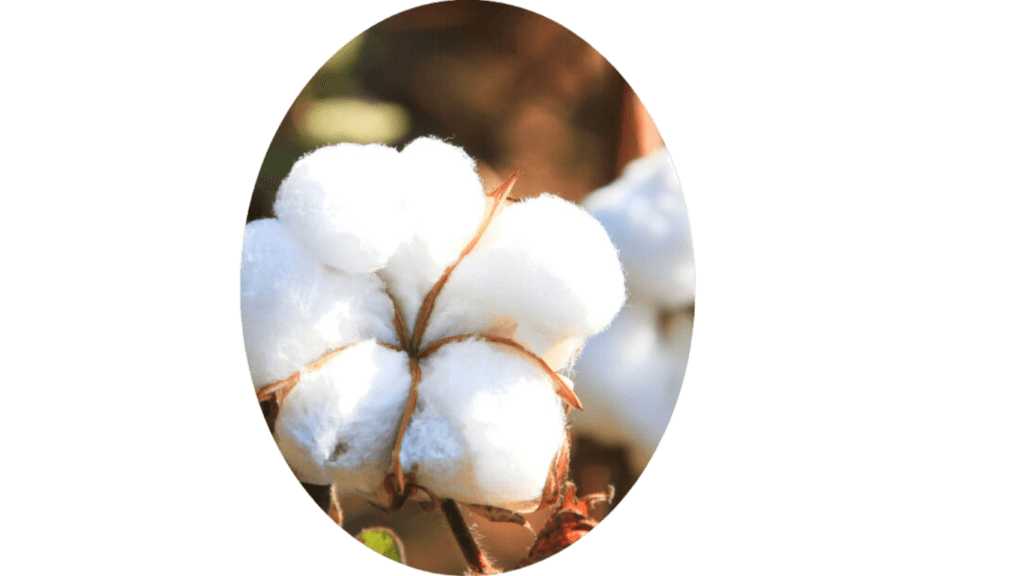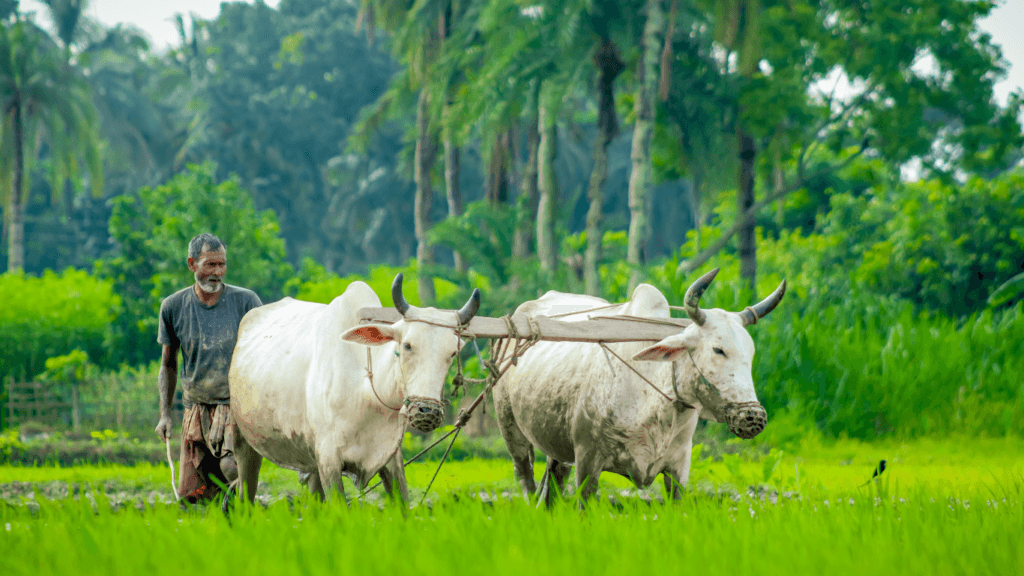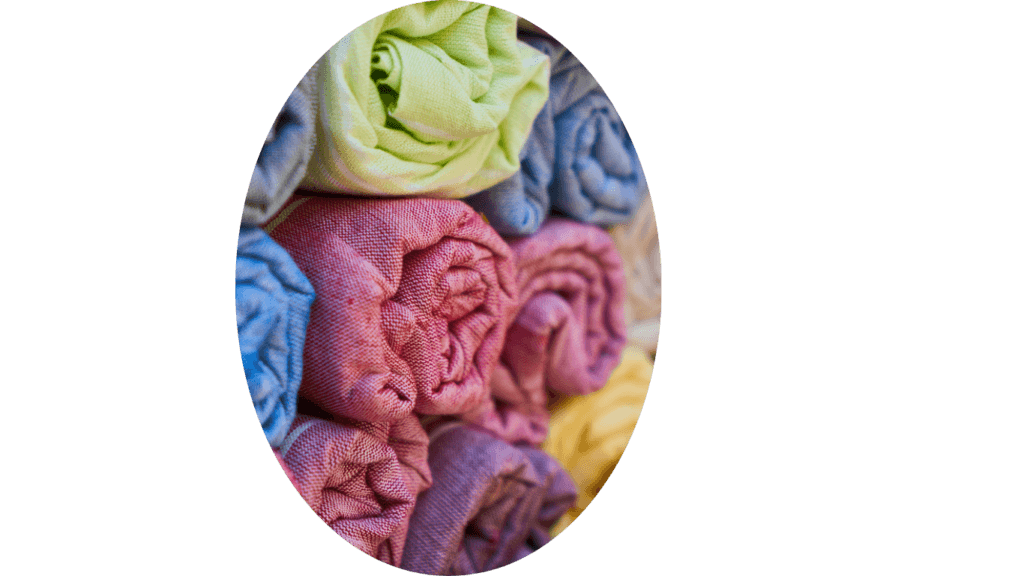Organic Cotton vs. Regular Cotton: Which One Should You Choose?
Discover key differences between organic cotton vs regular cotton to make eco-friendly and informed choice of your wardrobe.
Written by sumit chakravarti/ 4 November, 2024
Organic cotton vs regular cotton
The global fashion industry is being scrutinized for its various environmental and ethical practices, especially as regards cotton, among the most widely-used fabrics. As consumers shift their focus toward sustainability, the debate between organic cotton vs regular cotton comes to center stage. Which is the best? Which is good for the earth, for your health, and for your wallet? The article dissects and explains how organic cotton differs from regular cotton, and its advantages and disadvantages.
Let’s take a look at the differences analyzed, the benefits, and the disadvantages that tell you what you should know before choosing.
What Is Organic Cotton?
Organic cotton is being cultivated keeping in mind the least viable environmental degradation through methods and materials. It does not use any poisonous pesticides or chemical fertilizers or genetically-modified organisms (GMOs). Instead, the farmer uses natural processes like crop rotation, composting, and biocontrol pest elimination methods through biodiversity.
This was the first ans about your query organic cotton vvs regular cotton.

Key points of organic cotton
- Chemical-Free Farming: Avoids harmful synthetic pesticides and fertilizers.
- Sustainable Practices: Promotes soil health and water conservation.
- Certifications: Verified by organizations like GOTS (Global Organic Textile Standard) and USDA Organic.
Advantages of Organic Cotton

Health Advantages
Hypoallergenic and free from chemicals, making it suitable for sensitive skin

Environmental impact
Pollution reduction, water conservation, and biodiversity protection.

Farmers' Welfare
Organic farming reduces exposure of farmers to poisonous chemicals and often provides higher wages under the fair-trade agreement.
What Is Regular Cotton?

The cotton that we call regular is also called conventional cotton, and it is grown by extensive industrial farming practices – which means they concentrate heavily on high productivity and low costs, often sacrificing the environment and human health.
We have done with a clarity of about organic and regular cotton with their features the next we will see the main key differences between organic cotton vs regular cotton.
Key Features of Regular Cotton
- Chemical Dependency: Heavy use of synthetic pesticides and fertilizers.
- Genetic Modification: Frequently involves GMO seeds for higher yields.
- Resource-Intensive: Requires significant amounts of water and energy.

Disadvantages of regular cotton

Environmental Damage
Contributes to water pollution, soil degradation, and greenhouse gas emissions.

Health risks
Chemical residues can remain in the fabric, posing risks to both consumers and agricultural workers

Ethical concerns
Often associated with exploitative labor practices in developing countries.
Key Differences Between Organic Cotton and Regular Cotton
1. Farming Practices
- Organic cotton are known to be grown in natural methods without any use of synthetic chemicals and support soil health through crop rotation.
- Regular Cotton- Highly intensive agriculture, based on synthetic inputs, mostly uses genetically modified seeds to improve production.
2. Environmental Impact
- Organic Cotton: These are known to grow in natural methods without the usage of synthetic chemicals and support soil health through crop rotation.
- Regular Cotton- Highly intensive agriculture, based on synthetic inputs, mostly uses genetically modified seeds to improve production.
3. Water Usage
- Organic Cotton: Relies on rain-fed irrigation and maintains soil moisture effectively.
- Regular Cotton: Consumes large amounts of water, leading to over-irrigation and depletion of freshwater resources.
4. Health and Safety
- Organic Cotton: Free from harmful chemicals, reducing risks of skin irritation and allergies.
- Regular Cotton: May contain chemical residues that can irritate the skin and harm workers handling these chemicals.
5. Cost and Accessibility
- Organic Cotton: Often more expensive due to labor-intensive practices and smaller-scale production.
- Regular Cotton: Cheaper and widely available, but at significant environmental and social costs.
How to Identify Organic Cotton Products
- Check Certifications: Look for GOTS or Fair Trade labels.
- Research Brands: Many brands now disclose their sourcing practices.
- Feel the Fabric: Organic cotton is often softer due to its chemical-free production.
Conclusion
Whether to choose organic or conventional cotton depends entirely on your value systems and priorities. Organic cotton is, without a doubt, the best in terms of sustainability, health, and ethics, but costs more. Traditional cotton is much cheaper, yet it comes with enormous environmental and social costs. By the way, as consumers, they can get the industry to follow sustainable paths. Which will you choose?
Hope! all you have found your all answers about organic cotton cotton vs regular cotton, if you want more clarity about benefits of organic cotton vs regular cotton we have discussed it in the next.
FAQs
Is organic better for skin?
Eco-friendly cotttthe cotton is a fabulous option for a tender touch for the skin of infants and babies with eczema. Such fabrics are considered to be the most important aspect to consider when searching for skin-friendly clothing as per the National Eczema Association.
is organic cotton better than regular cotton?
Organic cotton beats any cotton. It grows without the use of dangerous pesticides, consumes little water for cultivation, is environment-friendly, and is much more skin-friendly.
Organic cotton vs non-organic cotton: What’s the difference?
Organic cotton does not consist of synthetic chemical cultivation and is ecologically sustainable and soft on the skin. However, non-organic cotton uses synthetic pesticides and fertilizers, harming the environment and irritating sensitive skin.
Organic cotton vs non-organic cotton: What’s the difference?
The practices vary between organic cotton and conventional cotton. Organic cotton is not produced using synthetic fertilizers, pesticides, or genetically modified organisms (GMOs). It is grown through alternative methods of compost, crop rotation, and the use of organic pesticides instead. All these processes make organic cotton more earth-friendly than traditional cotton and considerations may even have it healthier for consumers who consume cotton products or for farm workers.
Which is the best cotton t-shirt availale in market?
It is nothing like there is one true cotton t-shirt which perfectly suits the needs and tastes of different individuals, but close enough are some of the best options available for comfort, sustainability, durability, and look. Perfection in the cotton t-shirt for all is subjective, here are some attributes that would apply to a well-rated
The factors makes a cotton T-shirt suitable for you :
- Fabric Quality
- Fit and Cut
- Sustainability
- Durability
- Affordability vs. Quality
If all of you have liked this article please and have any query about any question, let me know in the form section what we can improve more about our blog.





